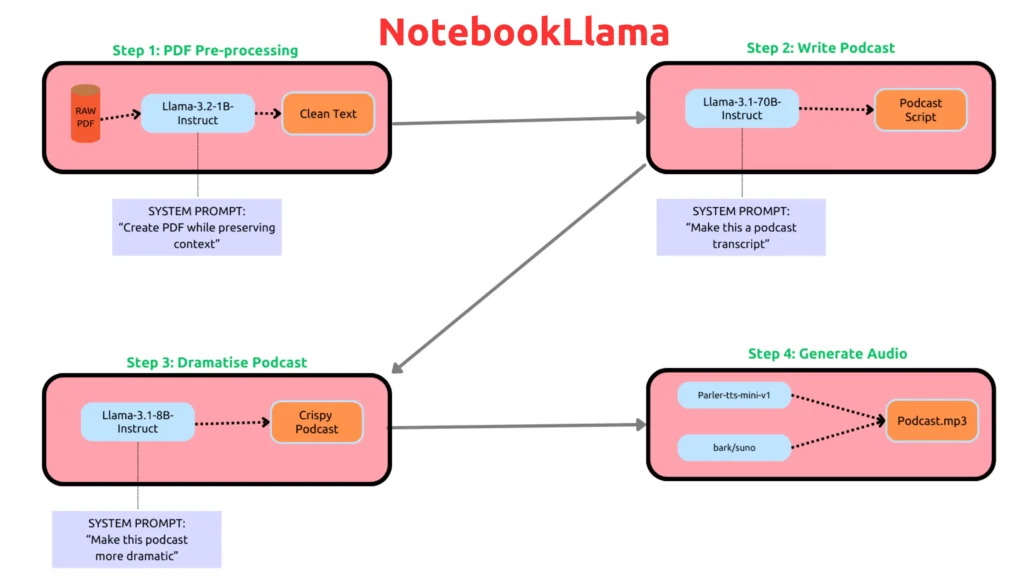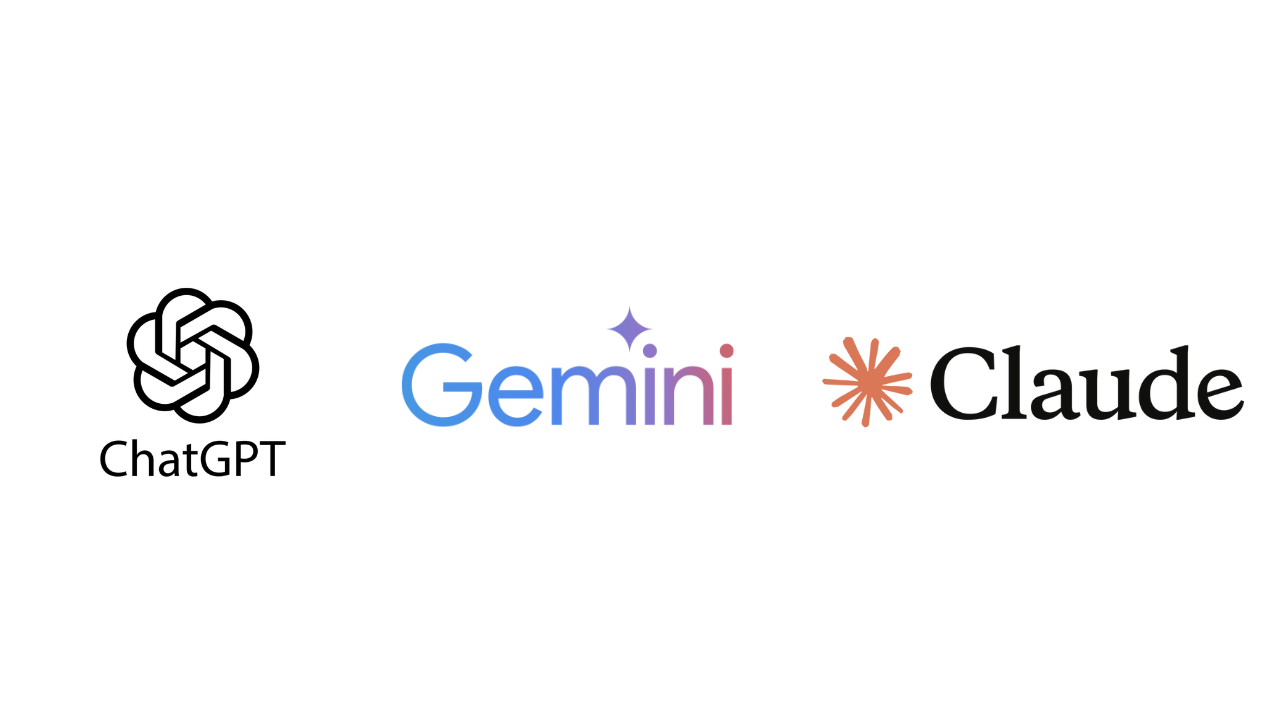Meta Unveils NotebookLlama: AI Podcast Tool with Promising Potential but Challenges Remain

Menlo Park, CA – In an ambitious move to enhance AI-driven audio, Meta has launched NotebookLlama, a new open-source tool designed to transform text files, like PDFs and articles, into podcast-style audio. NotebookLlama, inspired by Google’s NotebookLM, leverages Meta’s advanced Llama models to generate transcripts, add dramatic elements, and convert written content into audio.

Image: NotebookLlama Interface (Place product image of NotebookLlama here)
Early users report that while the concept is innovative, NotebookLlama’s audio output can sound robotic, with occasional voice overlaps disrupting the experience. Meta acknowledges these limitations, with its research team citing current text-to-speech models as the primary barrier to achieving a fully natural sound.
“The text-to-speech model is the limitation of how natural this will sound,” Meta’s research team stated on GitHub.
Quote: Place Meta’s official quote here, acknowledging current limitations.
Graph/Chart: Optional placement for a chart showing AI growth in podcasting or text-to-speech technology.
Another area for improvement is the AI’s tendency toward hallucinations, or inaccuracies in content. As with many AI models, ensuring factual accuracy remains a challenge Meta aims to address. Despite these hurdles, NotebookLlama represents a step forward in AI-powered podcast generation.
Explore NotebookLlama on GitHub
Link: Place GitHub link to NotebookLlama repository here for further exploration.
Meta plans to refine NotebookLlama’s performance in both audio quality and content reliability, positioning the tool as a potential game-changer in digital media.
- ChatGPT vs. Gemini vs. Claude: Which AI Chatbot Should You Trust for Your Needs?
- Is Your SEO Strategy Keeping Up with the Times?
- How Can YouTube and LinkedIn Boost Your SEO?
- Transforming Customer Experience with AI, Data, and Automation
- Google Search Ranking Volatility Peaks Again in Late October 2024
- Google Search Demoting Content That Differs Starkly From a Site’s Core Theme
- 6 Essential Facebook Features You Might Not Be Using (But Should!)
- AI Overviews in Search Expand to Over 100 Countries












One thought on “Meta Unveils NotebookLlama: AI Podcast Tool with Promising Potential but Challenges Remain”